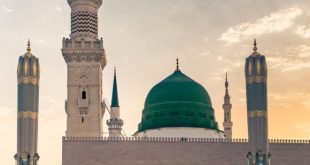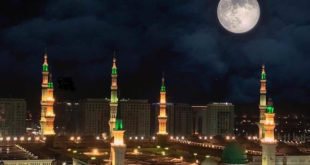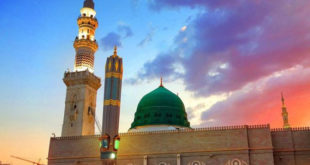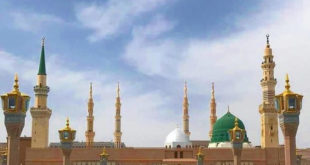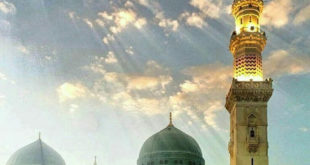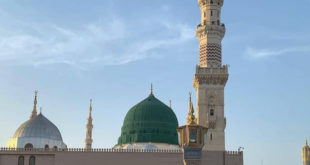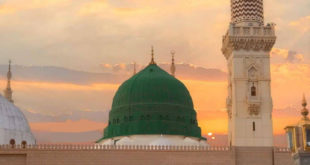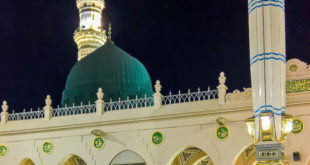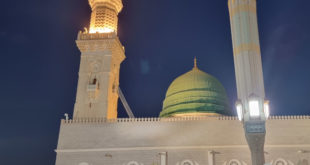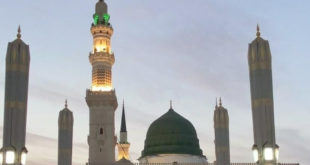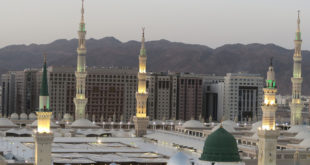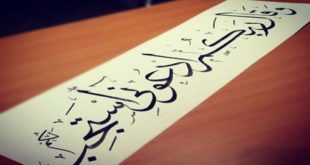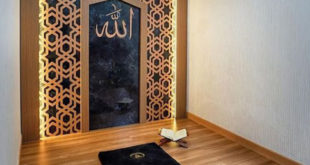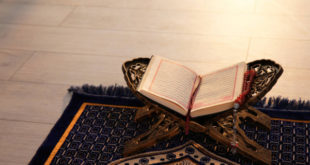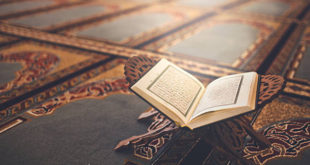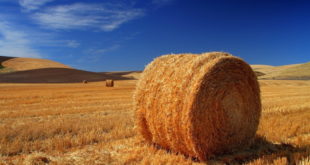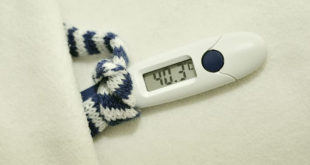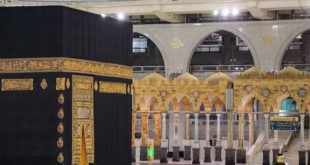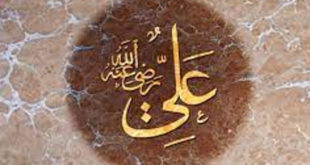Q: Whilst fasting, if the nose begins to bleed, will the fast break? A: In the case where the blood does not go down the nasal passage, the fast will not break. If the blood flowed down the nasal passage and entered the throat then it will be seen whether the blood …
Read More »Recent Posts
July, 2011
-
2 July
Cupping whilst Fasting
Q: If a person undergoes cupping whilst fasting does the fast become nullified? A: Undergoing cupping whilst fasting does not nullify the fast. However, if through past experiences one knows that cupping causes physical weakness then in that case it will be Makrooh to undergo cupping whilst fasting. (أو اكتحل …
Read More » -
2 July
Zakaat on Debts owed to a Person
Q: Is it necessary upon a person to discharge the zakaat of those monies (debts) which are owed to him? A: There are few types of debts: Dain-e-Qawi: That debt which is owed to one in exchange of goods sold or monies loaned. The law of this type is that …
Read More » -
2 July
Gums Bleeding whilst Fasting
Q: Whilst fasting, if the gums begin to bleed and the blood flows down the throat will the fast break? If so will both Qadha and Kaffarah be Waajib or only Qadha? A: If the blood which was swallowed with the saliva was more than the saliva or equal to …
Read More » -
2 July
Zakaat on Redundant Stock
Q: Is zakaat fardh on redundant stock? A: If redundant stock refers to that stock which one is unable to sell quickly but is kept with the intention of resale, then zakaat is fardh on such goods. And if redundant stock refers to that stock which one no longer intends …
Read More »
-
The Lofty Position of Hazrat Abu Ubaidah (radhiyallahu ‘anhu) in the Sight of Hazrat Abu Bakr (radhiyallahu ‘anhu)
The Lofty Position of Hazrat Abu Ubaidah (radhiyallahu ‘anhu) in the Sight of Hazrat Abu …
Read More » -
Rasulullah (sallallahu ‘alaihi wasallam) Practically Showing to the Ummah the Esteemed Position of Hazrat Abu Ubaidah (radhiyallahu ‘anhu)
-
Fear of Allah Ta’ala
-
The Quality of Consideration for Others in the Life of Hazratjee (rahimahullah) – Part Two – Adherence to The Sunnah – Part 46
-
The Abstinence of Hazrat Abu Ubaidah (radhiyallahu ‘anhu) from the Wealth of the World
-
Receiving Seventy Rewards
Hazrat Abdullah bin Amr bin Aas (radhiyallahu ‘anhuma) reported, “Whoever sends salutations upon Nabi (sallallahu ‘alaihi wasallam) once, Allah Ta‘ala and His angels will send seventy mercies and blessings upon him in return of his one Durood. Hence, whoever wishes to increase his Durood should increase it, and whoever wishes to decrease his Durood should decrease it (i.e. if he wants to earn great rewards, then he should increase his Durood).”
Read More » -
Increase in Sustenance
-
The Reward of Fasting on the Day of Arafah
-
The Angel that Stands at the Blessed Grave of Hazrat Rasulullah (sallallahu ‘alaihi wasallam) to Convey the Durood of the Ummah
-
Reciting Durood when Entering the Musjid
-
Sunnats and Aadaab which every person needs to adhere to in his individual life – 7
18. In Islam, there are special occasions where one is able to acquire special blessings …
Read More » -
Sunnats and Aadaab which every person needs to adhere to in his individual life – 6
-
Sunnats and Aadaab which every person needs to adhere to in his individual life – 5
-
Sunnats and Aadaab which every person needs to adhere to in his individual life – 4
-
Sunnats and Aadaab which every person needs to adhere to in his individual life – 3
-
Hazrat Ali (radhiyallahu ‘anhu) – Part Forty-One – Being Sent by Rasulullah (sallallahu ‘alaihi wasallam) to Level the Graves, Destroy Idols and Erase Pictures
Hazrat Ali (radhiyallahu ‘anhu) reports that on one occasion, Rasulullah (sallallahu ‘alaihi wasallam) attended a …
Read More » -
Rasulullah (sallallahu ‘alaihi wasallam) Approving of the Verdict of Hazrat Ali (radhiyallahu ‘anhu) – Part Forty
-
The True Ulamaa – Hazrat Ali (radhiyallahu ‘anhu) – Part Thirty Nine
-
Du‘aa for Assistance in Settling Debts – Hazrat Ali (radhiyallahu ‘anhu) – Part Thirty Eight
-
The Concern of Hazrat Ali (radhiyallahu ‘anhu) regarding Business being Conducted According to the Islamic Principles – Part Thirty Seven
 Ihyaaud Deen An Effort to Revive Deen in Totality
Ihyaaud Deen An Effort to Revive Deen in Totality


























